Brain cancers are the leading cause of cancer-related deaths in children. A significant percentage of these tumors are classified as gliomas—diseases for which new therapies are desperately needed. A protein called tyrosine kinase FGFR1 is altered in 10% of pediatric gliomas. Dr. Apfelbaum aims to investigate critical genes in FGFR1-altered pediatric gliomas to understand the biological mechanisms driving these cancers. Her research hopes to uncover new therapeutic targets and mechanisms of FGFR1-mediated oncogenesis in pediatric gliomas, but since FGFR1 is commonly altered in many tumors, her findings may reveal a common oncogenic mechanism. Dr. Apfelbaum received her PhD from University of Michigan, Ann Arbor and her BS from Beloit College, Beloit.
Brain and Central Nervous System Tumors
Current Projects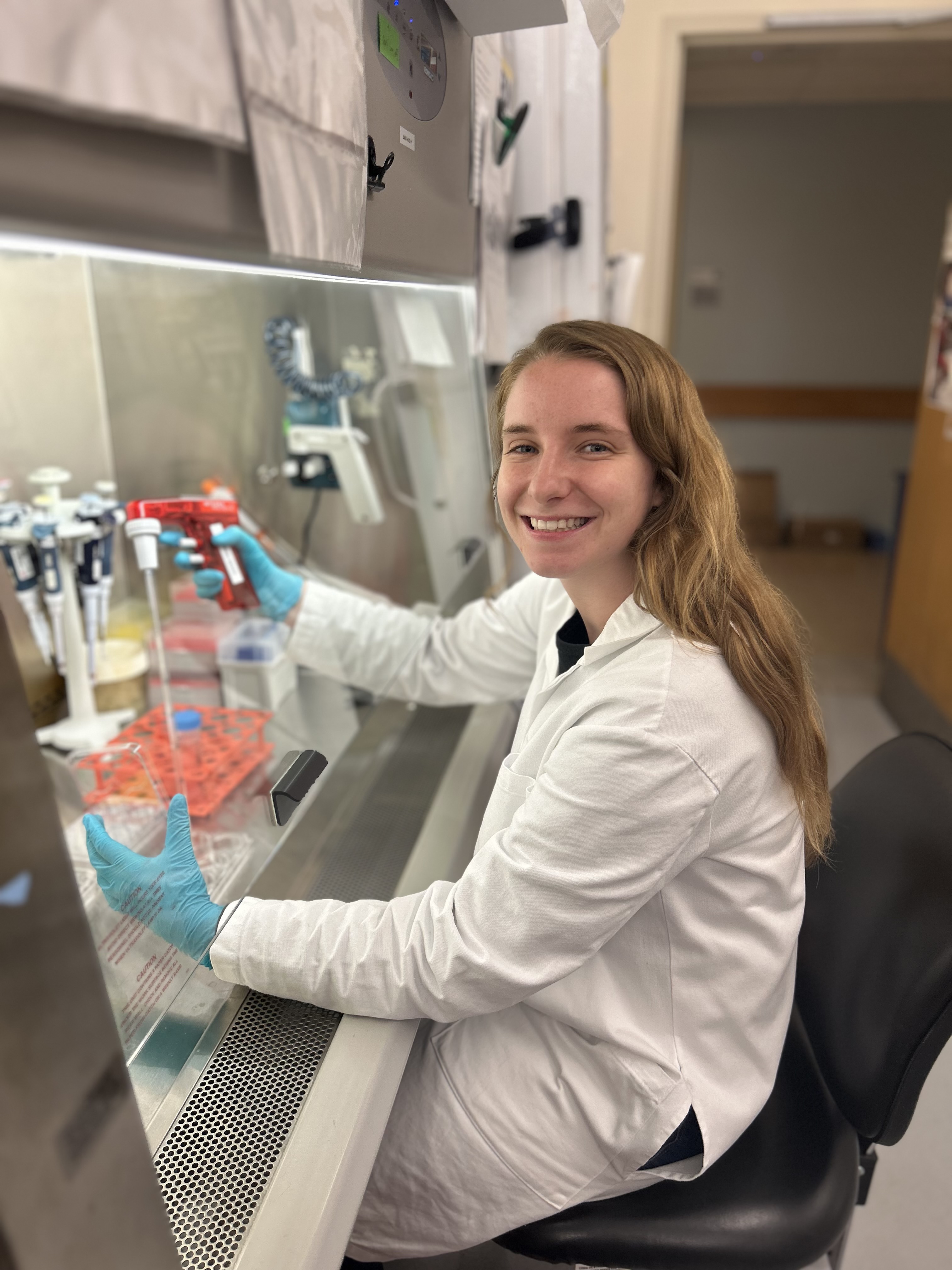
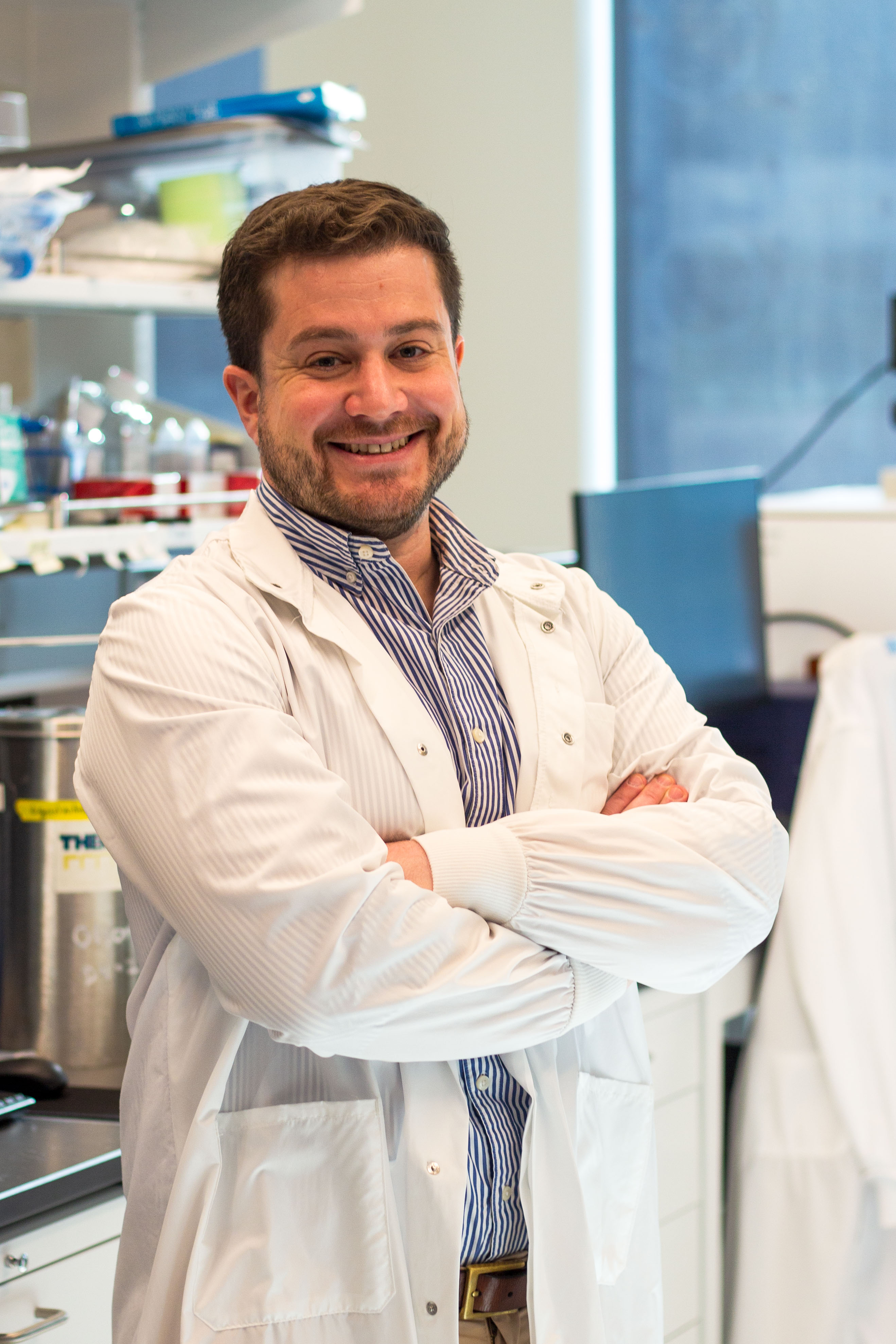
Diffuse midline gliomas (DMG) are uniformly fatal pediatric brain cancers in desperate need of novel treatments. Immunotherapies have offered some hope to patients, but durable clinical success remains elusive, highlighting the enormous challenge of selectively targeting these recalcitrant tumors while preserving healthy tissue. Dr. Blumenthal aims to address this need by building immune cell engagers—molecules that enable a patient’s immune cells to recognize and attack their tumor—that are capable of leveraging DMG’s inherent variability and immune defense mechanisms into a therapeutic advantage. He hopes that these innovative drug designs will not only provide superior efficacy against pediatric gliomas but also pave the way for next-generation immunotherapies that better address the dynamic nature of tumor biology. Dr. Blumenthal received his PhD from the University of Washington, Seattle and his BA and BE from Dartmouth College, Hanover.

Throughout brain development, neurons fire action potentials which are important to shape and refine brain connectivity, and this refinement occurs in part through dynamic changes in gene expression. Neuronal activity can also drive the progression of pediatric gliomas, underscoring a need to understand the molecular basis of activity-dependent gene expression in the brain. Dr. Duffy [National Mah Jongg League Breakthrough Scientist] is exploring how neuronal activity can drive local changes in gene expression by modulating RNA turnover and translation into proteins, and how these processes are misregulated in pediatric gliomas. She has identified cancer-associated mutations that disrupt RNA turnover in the brain and is interested in understanding the proteins that regulate this process as a mechanism to drive cancer progression. She has also developed high-throughput screening methods to test hundreds of disease-associated mutations in parallel to assay how they affect neuronal RNA turnover, which may reveal new molecular targets for cancer therapeutics.
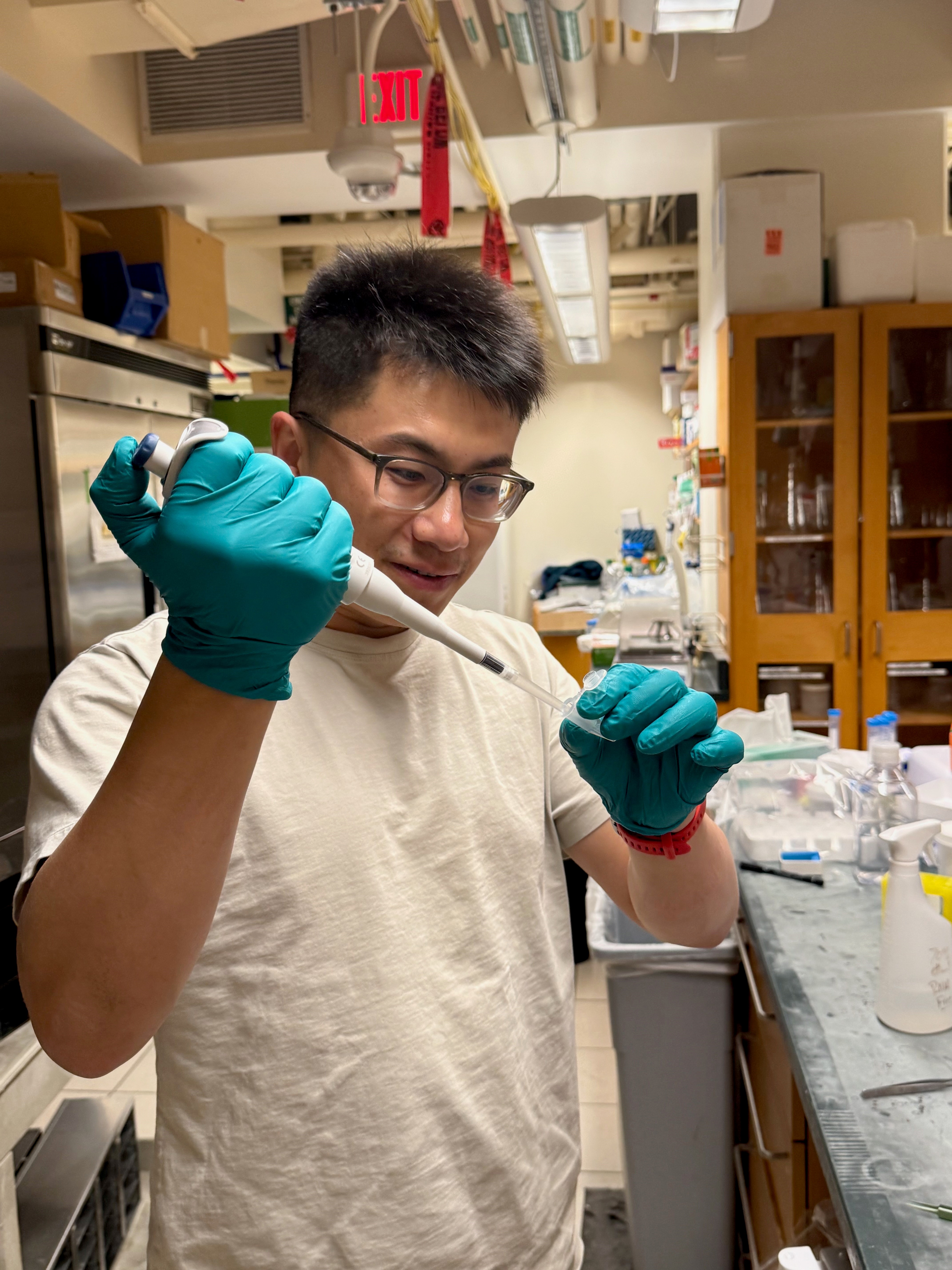
Cells must communicate with each other to maintain homeostasis and respond to external stimuli. This communication typically occurs through chemical signals or via direct physical contact. Dr. Fang plans to develop genomic tools to understand how different types of cells communicate with each other in the healthy brain and how communication goes awry in brain tumors. His goal is to determine whether and to what extent it is possible to manipulate specific genes or pathways underlying cell-cell communication to reverse disease progression in brain cancer patients.

A feared complication of malignant solid tumors is the development of brain metastases (BM), for which current treatments are limited and morbidity is high. While precision medicine approaches for BM have recently demonstrated promise, many patients are not able to benefit from this treatment approach as molecular analysis of BM tissue is not usually feasible. To address this obstacle, Dr. Kim [William G. Kaelin, Jr., MD, Physician-Scientist] will apply genomic profiling and deep learning methods to a rich dataset comprised of BM tissues, patient-matched brain MRIs, and cell-free DNA samples to develop techniques that reveal therapeutic targets within a patient’s BM. He hopes to identify ways to non-invasively characterize oncogenic drivers for a BM or monitor tumor evolution. These findings will demonstrate the potential of using algorithmic tools in the clinic to augment clinical decision-making and unlock opportunities for widespread application of precision medicine for BM.
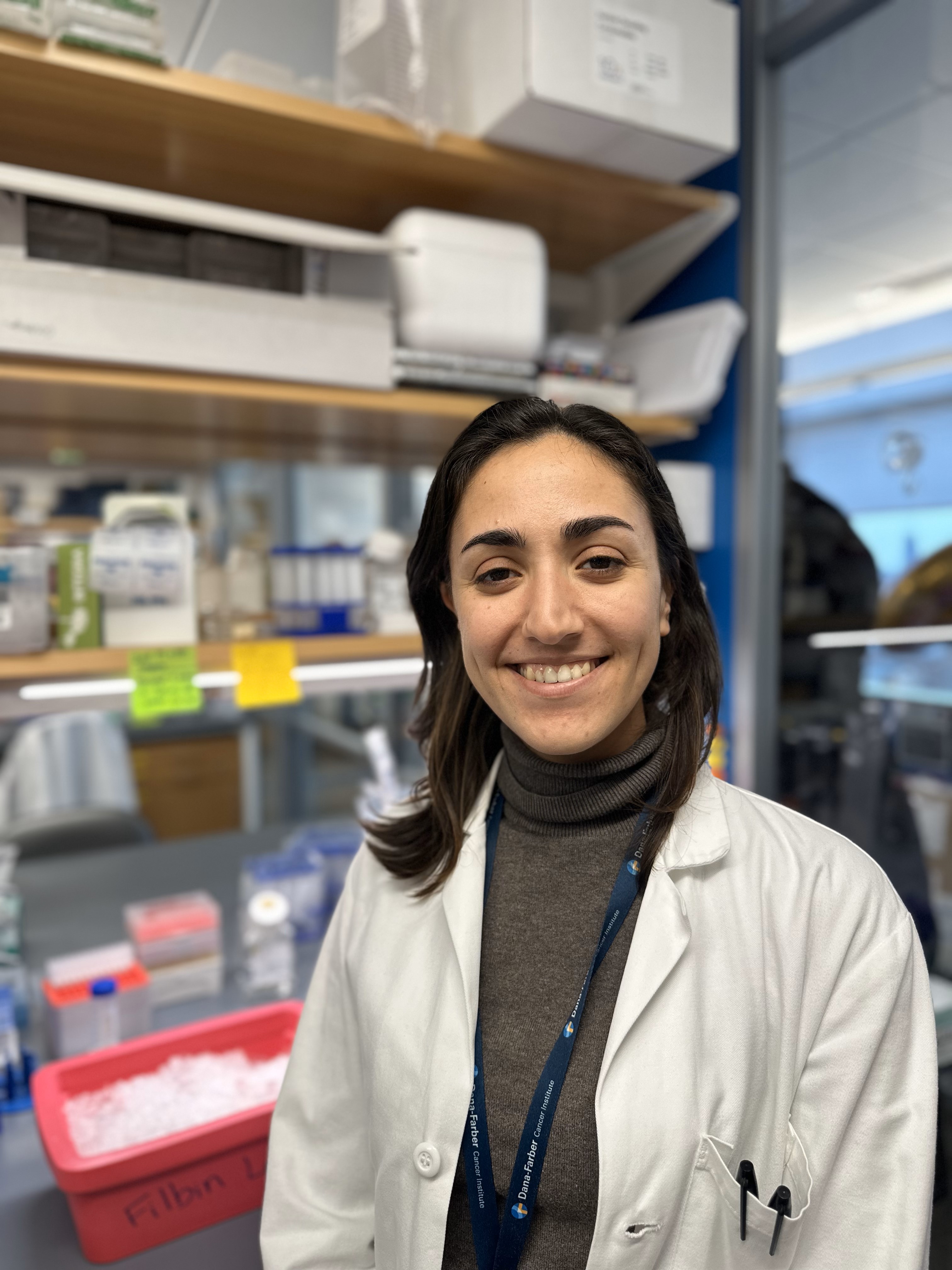
Pediatric diffuse midline gliomas (DMG) are incurable brain cancers with no long-term survivors. To date, radiation therapy remains the standard of care but improves survival by only a few months. Despite intense research efforts over the past four decades, there is still a lack of mechanistic understanding of the biology underlying DMG radioresistance. Dr. Lo Cascio is studying how DMG tumors exploit interactions with surrounding normal neurons to survive radiation-induced cell death. While there is ample evidence that communication between neurons and DMG cells is critical to fuel tumor growth, whether this neuron-glioma crosstalk contributes to treatment failure is unknown. Dr. Lo Cascio hopes by pushing the boundaries of our knowledge of the neuron-glioma intercellular dialogue, she can identify resistance mechanisms that can be targeted to sensitize these lethal tumors to radiation therapy. Dr. Lo Cascio received her PhD from Arizona State University, Tempe and her BS from University of Bath, Bath.
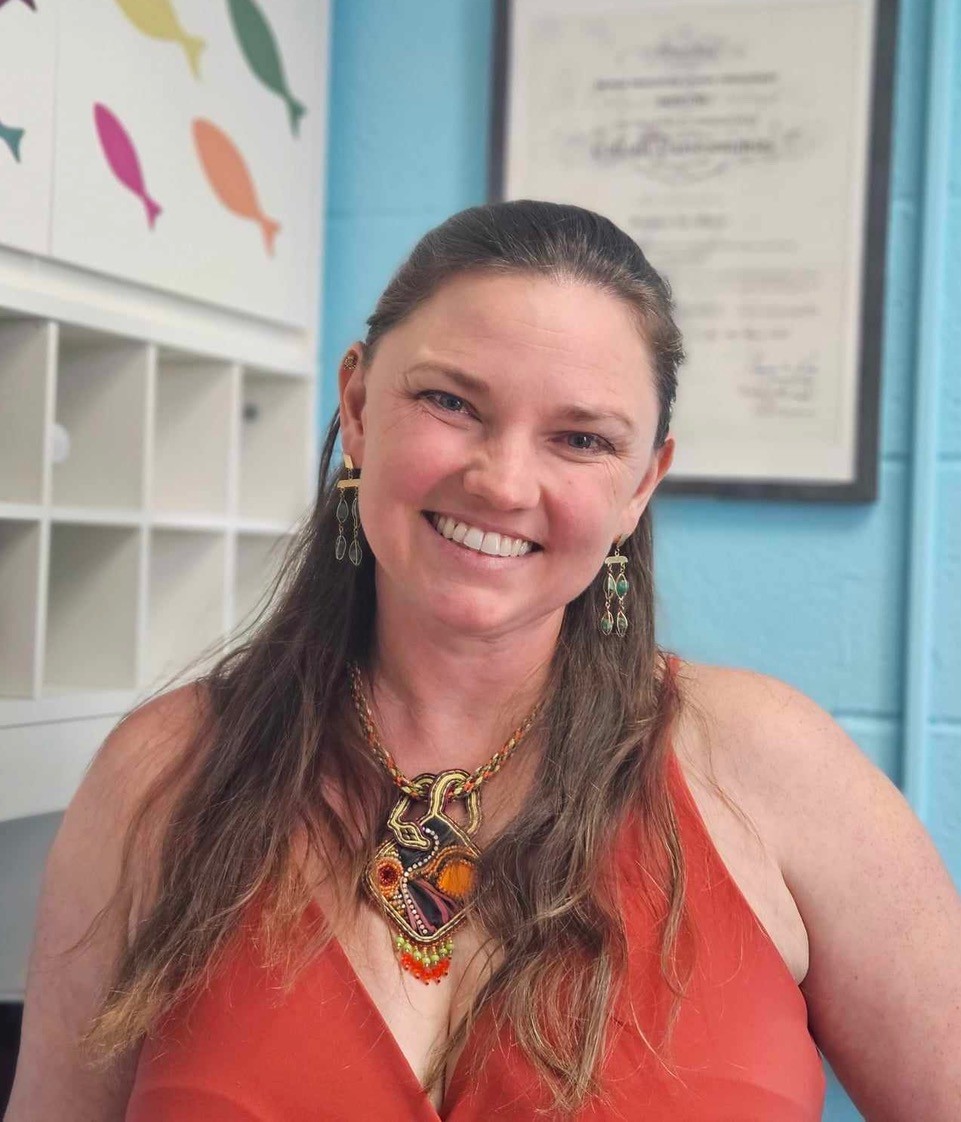
Glioblastoma is the most lethal primary brain tumor in adults, largely due to the blood-brain barrier (BBB), which blocks potentially effective chemotherapeutic drugs from entering the brain. Using zebrafish, Dr. O’Brown [Timmerman Traverse-Rachleff Innovator] aims to identify small molecules that can temporarily increase BBB permeability, enhancing drug delivery to brain tumors like glioblastoma and potentially improving patient outcomes. To achieve this, she will screen for small molecules that enhance BBB permeability and then validate promising candidates in mammalian systems to confirm their relevance for human use. Additionally, she will engineer “humanized” zebrafish to test advanced drug delivery methods in clinical trials. This innovative approach provides a new platform for discovering BBB-modulating therapies and paves the way for tailored treatments, offering hope for improved outcomes in aggressive brain cancers.
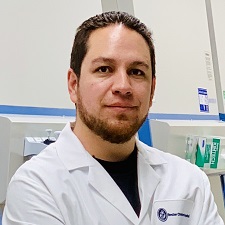
Dr. Orellana Vinueza is investigating whether changes that modify the shape, stability and function of transfer RNAs (tRNAs) play a role in the development of cancer. The tRNA molecules are involved in the process that translates messenger RNA into a protein. Dr. Orellana Vinueza focuses on a tRNA methyltransferase complex that malfunctions in glioblastoma and liposarcoma. He will assess how alterations in the activity of this enzyme affect global patterns of methylation in normal and human cancer cells. Methylation is the process that controls the timing and amount of proteins that are produced in cells. Understanding how this process breaks down may help decipher the mechanisms that drive cancer and guide the development of new treatments.
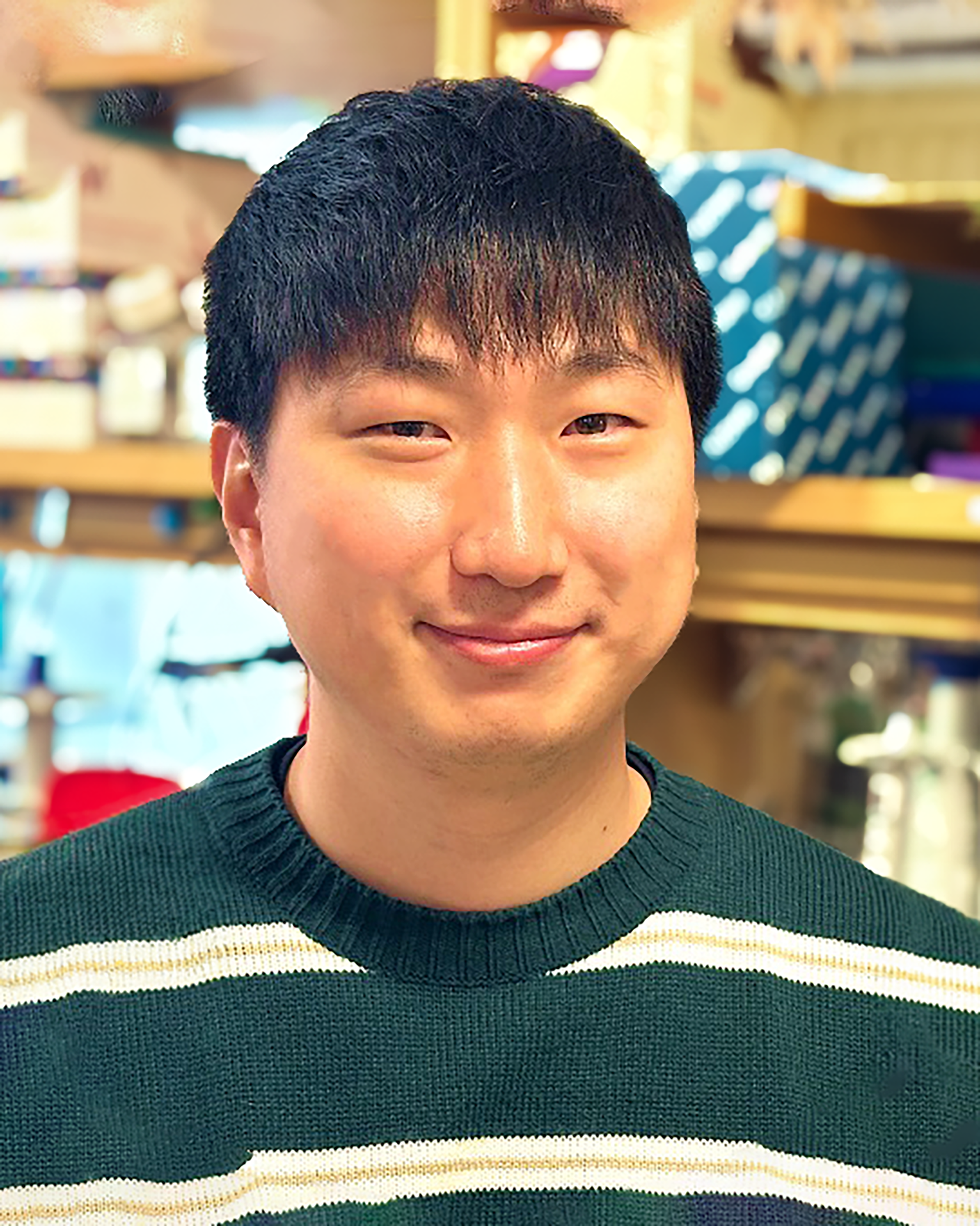
One way cancer cells evade immune attack is by constructing a thin material barrier called the glycocalyx on their surface to evade detection and destruction by surveilling immune cells. Tiny changes in the glycocalyx thickness, as small as 10 nanometers, can affect the anti-tumor activity of immune cells, including CAR T cells. Dr. Park’s [Merck Fellow] goal is to develop strategies to endow CAR T cells with the ability to penetrate the glycocalyx barrier in solid tumors such as breast cancer and glioblastoma. These strategies will increase the effectiveness of CAR-T cell therapy against solid tumors by overcoming a significant mechanism of immune cell evasion. Dr. Park received his PhD from Cornell University, Ithaca and his BS from Korea Advanced Institute of Science and Technology, Daejeon.
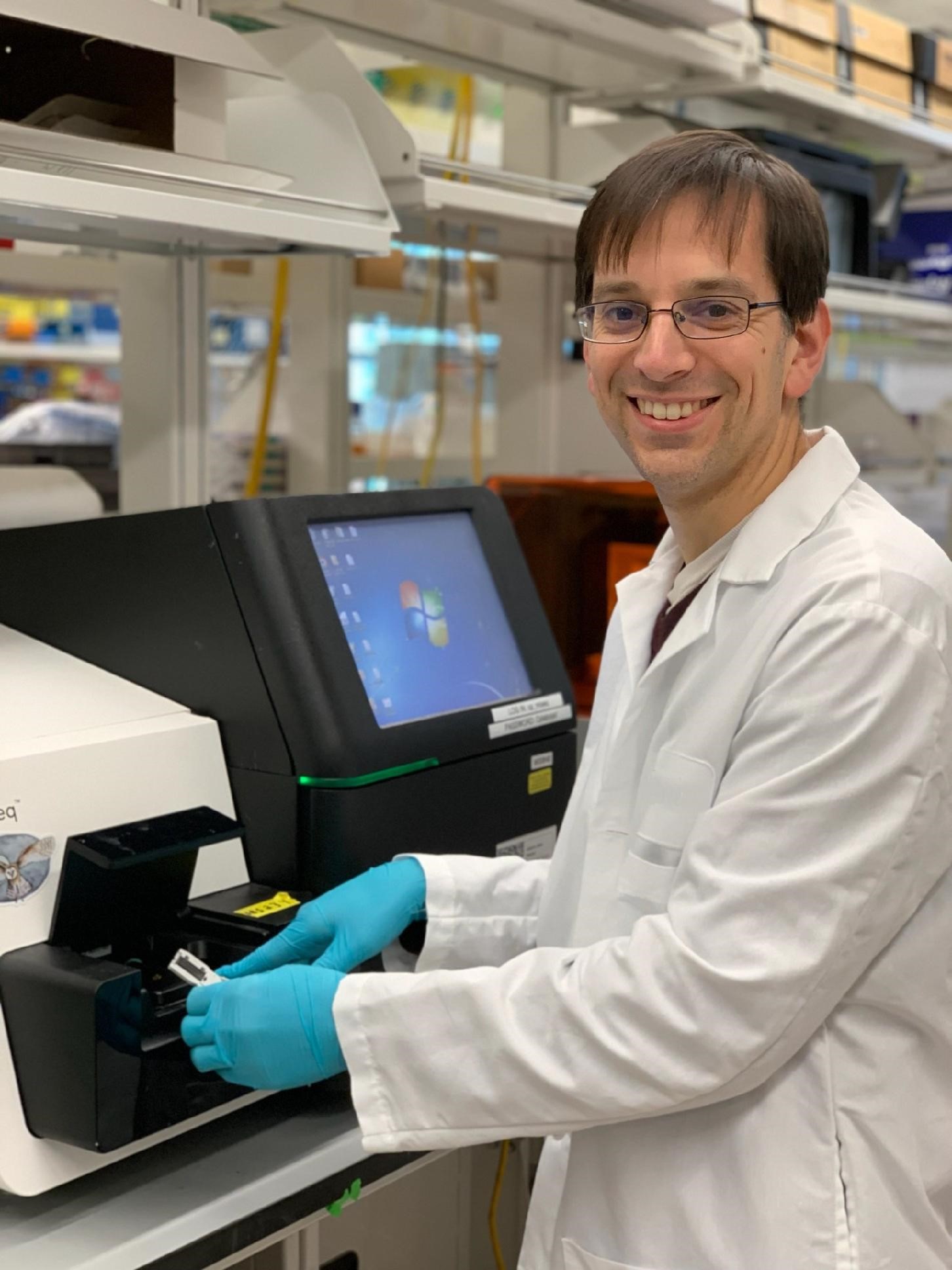
New therapeutic approaches are urgently needed for children suffering from high-risk medulloblastoma, a form of pediatric brain cancer, where half of children will experience disease relapse leading to death. Dr. Prensner’s [Ben and Catherine Ivy Foundation Clinical Investigator] work is focused on understanding the biological underpinnings of high-risk medulloblastoma and developing new treatment options. His team recently found that high-risk medulloblastoma may exploit an imbalance in the production of proteins from the tumor cell genetic material (RNA, DNA). Dr. Prensner aims to define the cancer biology that causes an imbalance in the protein-RNA ratio in medulloblastoma, and investigate specific therapeutic options that may target this biology. His hope is that this work leads to new options for clinical trials for children with high-risk medulloblastoma.







